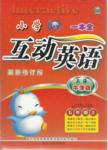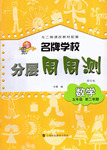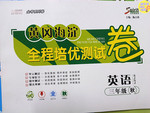题目内容
Our government’s plan to fight against air pollution will focus on _____ information and handling PM2.5.
A. expressing B. representing
C. gathering D. acknowledging
C
【解析】
试题分析:句意:我们政府同空气污染作斗争的计划将以收集信息和控制PM2.5为重点。express“表达”;represent“代表”;gather“收集”;acknowledge“承认;感谢”。根据句意可知,应选C项。
考点: 考查动词辨析

练习册系列答案
 互动英语系列答案
互动英语系列答案 名牌学校分层周周测系列答案
名牌学校分层周周测系列答案 黄冈海淀全程培优测试卷系列答案
黄冈海淀全程培优测试卷系列答案
相关题目
 der a visit to the dentist their idea of a good time. However, the director of the museum says he wanted to make the museum a fun place to visit. He says he also wants to teach visitors about the importance of taking care of their teeth.
der a visit to the dentist their idea of a good time. However, the director of the museum says he wanted to make the museum a fun place to visit. He says he also wants to teach visitors about the importance of taking care of their teeth.